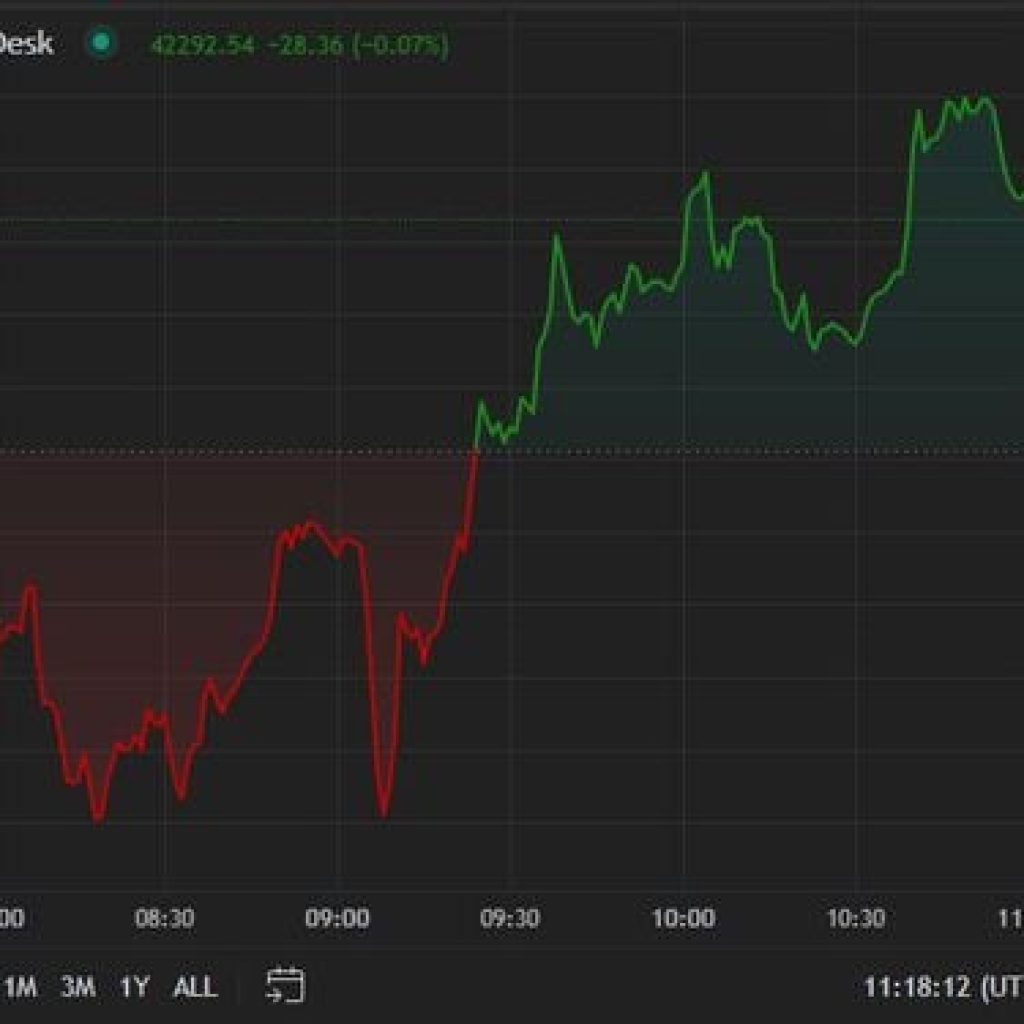Dr. Jordan Peterson, a renowned Canadian psychologist and author with over 4 million followers on X(formerly Twitter), ignited a debate on September 14th on why we should embrace Bitcoin, as it is likely to make banks irrelevant.
He expressed his sentiments on the debanking movement as it could scrap banks. The author’s tweet was in response to the Australian news about the Macquarie Bank, which recently announced its decision to eliminate the use of physical cash, cheques, and mobile services in its operations.
Other countries have also expressed their interest in the end of the use of physical cash. Many countries in Europe have already restricted the use of cash to smaller transactions. Nigeria has also limited its cash withdrawals from ATMs within the country.
The Peterson Bitcoin debate
In light of these circumstances, Peterson suggested on the platform that people should avoid traditional banking systems and stated that Bitcoin could be an alternative for those who are seeking traditional bank services.
Dr. Peterson has attracted publicity from his ideas and critiques of multiple societal norms. The doctor has previously expressed his interest in Bitcoin as a primary mode of transaction. The psychologist liaised with Joe Nakamoto to accept donations on the Lightning Network instead of traditional platforms.
Pro-crypto activists responded to Petersons’ sentiments and expressed their support for his ideas. The host of the “What is Money” podcast, Robert Breedlove, responded to this by stating that traditional banks introduce risks when you use fiat. Bitcoin, on the other hand, is decentralized, thus eliminating the risks.
He affirmed that Bitcoin will address these concerns. The discussion also attracted comments from crypto supporters from other networks such as XRP Ledger, Dash and Bitcoin Cash.
The discussion also attracted criticism from anti-crypto activists such as Aaron Day, who is also a presidential aspirant in the 2024 US elections. He addressed the Doctor’s tweet on the same platform, stating that Bitcoin cannot scrap out banks since traditional banking systems can do 50-100k transactions per second while central banks’ decentralized currency’s pilot project could handle 1.7 million per second, Bitcoin can only handle seven transactions per second invalidating his argument.
Crypto Vs. traditional banking
Since the introduction of Blockchain technology, the question of whether cryptocurrencies could eliminate the use of traditional banks completely has propped up. Each end of the argument has its own advantages and disadvantages, which have been repeatedly highlighted in occasional debates such as the one recently sparked by Peterson.
Cryptocurrencies, for instance, are decentralized, enabling the user to control their own funds without relying on any centralized intermediaries. They also offer more security and transparency compared to fiat. By eliminating the need for intermediaries, fees are considerably reduced, and the process is streamlined.
Cryptocurrencies are also not bound to any geographical limitations, making transactions from one country to another seamless and fast. On the other hand, cryptocurrencies such as Bitcoin are prone to volatility within short periods, making them risky investments.
The technology is also relatively new; therefore, with increased adoption, the networks may experience congestion limiting their efficiency. Cyber attacks have also been a major concern for the crypto market; the unclear regulations governing crypto transactions also increase security concerns.
Traditional banking, on the other hand, offers more stability compared to cryptocurrencies. Fiat is also regulated and protected by federal law, offering security and confidence to investors. Consumer protection is a main pillar in traditional banking as the law protects the rights of investors, giving them recourse in case of disputes, unlike cryptocurrencies.
On the flip side, traditional banking is expensive, affecting investor profitability; bank transactions have less privacy as one needs to provide personal information to access a bank account or make any transaction.
The debanking debate has hit the airwaves frequently, with the recent one sparked by Canadian psychologist. As more countries shy away from cash transactions, there is an increased need for a viable alternative for investments and transactions. Cryptocurrencies such as Blockchain seem to overlap issues highlighted in traditional banking methods, making them a suitable investment.
However, digital assets also present their set of disadvantages, which also need to be addressed before widespread adoption. Additionally, the prospect of synergy between both entities is also realistic to adapt to the ever-changing financial landscape.





